COURSE OVERVIEW
OE0042 : Marine Hazards Prevention & Control Collision, Grounding & Flooding
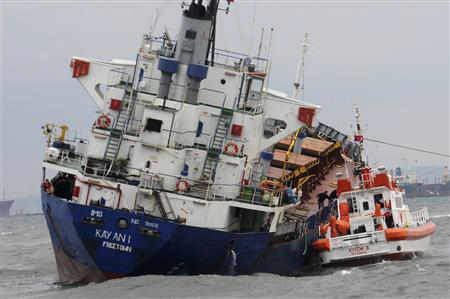
OVERVIEW
| COURSE TITLE | : | OE0042 : Marine Hazards Prevention & Control Collision, Grounding & Flooding |
| COURSE DATE | : | Dec 09 - Dec 12 2024 |
| DURATION | : | 4 Days |
| INSTRUCTOR | : | Dr. Abdel Monem Hosny |
| VENUE | : | Abu Dhabi, UAE |
| COURSE FEE | : | $ 6750 |
| Request For Course Outline | ||
Course Description
Any vessel that experiences flooding of one or more of its compartments is exposed to the risk of losing its stability and thus the risk of sinking. Collision and grounding are considered to be the most relevant accident scenarios that may cause flooding of ships, and will thus be the topic of this course.
Even though a lot of effort is constantly being made to keep vessels safe and measures are always taken to avoid serious accidents, one can never completely eliminate the probability of a serious accident to occur on board a ship. If an incident takes place, one can try to prevent it from evolving into a serious accident by for example intentionally beaching a ship that is taking in water and thus keep it from sinking. If such measures fail however, an evacuation provides a last opportunity to minimize the consequences of the accident by reducing the number of fatalities. In such situations, the evacuation performance will be very important and an orderly and timely evacuation can save the lives of many people on board.
This course is designed to provide delegates with an up-to-date knowledge and skills on marine hazards prevention and control in general and collision, grounding and flooding in particular. It covers the marine hazards; distress and salvage; fire-fighting; static electricity and security; shipboard systems and ship’s equipment; ship damage control and salvage; management of safety and emergencies; enclosed spaces; shipboard operations; carriage and storage of hazardous materials; human element considerations; special ship types; safety and fire protection; emergency preparedness and evacuation; communications and mooring; precautions on ship and terminal during cargo handling; and safety management.
The course presents probabilities of collision and grounding and investigates possible events subsequent to an incident, e.g. possibilities of flooding, sinking and capsizing, expected time to sink, etc. Evacuations in case of collision and grounding are also covered and the consequences are estimated in terms of expected loss of lives.
link to course overview PDF
Even though a lot of effort is constantly being made to keep vessels safe and measures are always taken to avoid serious accidents, one can never completely eliminate the probability of a serious accident to occur on board a ship. If an incident takes place, one can try to prevent it from evolving into a serious accident by for example intentionally beaching a ship that is taking in water and thus keep it from sinking. If such measures fail however, an evacuation provides a last opportunity to minimize the consequences of the accident by reducing the number of fatalities. In such situations, the evacuation performance will be very important and an orderly and timely evacuation can save the lives of many people on board.
This course is designed to provide delegates with an up-to-date knowledge and skills on marine hazards prevention and control in general and collision, grounding and flooding in particular. It covers the marine hazards; distress and salvage; fire-fighting; static electricity and security; shipboard systems and ship’s equipment; ship damage control and salvage; management of safety and emergencies; enclosed spaces; shipboard operations; carriage and storage of hazardous materials; human element considerations; special ship types; safety and fire protection; emergency preparedness and evacuation; communications and mooring; precautions on ship and terminal during cargo handling; and safety management.
The course presents probabilities of collision and grounding and investigates possible events subsequent to an incident, e.g. possibilities of flooding, sinking and capsizing, expected time to sink, etc. Evacuations in case of collision and grounding are also covered and the consequences are estimated in terms of expected loss of lives.
TRAINING METHODOLOGY
This interactive training course includes the following training methodologies:
LecturesWorkshops & Work Presentations
Case Studies & Practical Exercises
Videos, Software & Simulators
In an unlikely event, the course instructor may modify the above training methodology for technical reasons.
VIRTUAL TRAINING (IF APPLICABLE)
If this course is delivered online as a Virtual Training, the following limitations will be applicable:
| Certificates | : | Only soft copy certificates will be issued |
| Training Materials | : | Only soft copy materials will be issued |
| Training Methodology | : | 80% theory, 20% practical |
| Training Program | : | 4 hours per day, from 09:30 to 13:30 |
RELATED COURSES
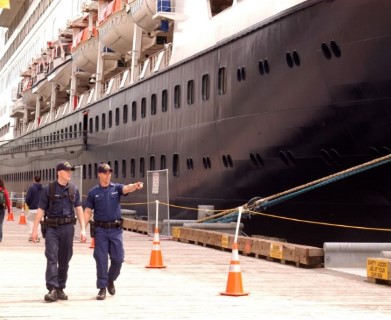
OE0850 : Port Facility Security Officer (IMO-ISPS) (Certification Preparation Training)
- Date: Feb 09 - Feb 13 / 3 Days
- Location: Kuwait City, Kuwait
- Course Details Register
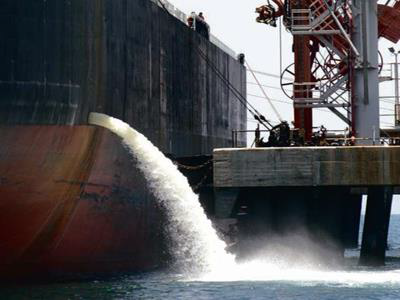
OE0858 : Environmental Consideration in Management of Ballast Water for Ships and Marine Ports
- Date: Feb 16 - Feb 20 / 3 Days
- Location: Doha, Qatar
- Course Details Register
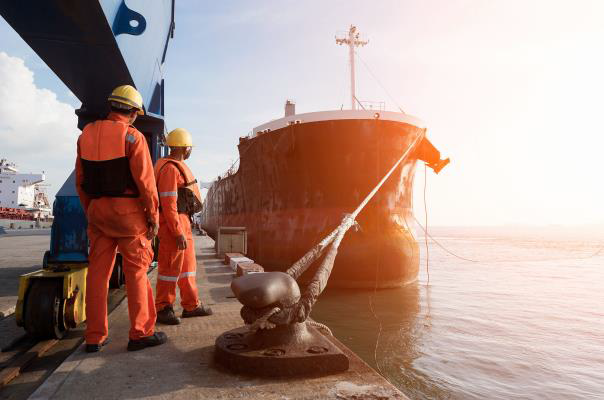
OE0118(KP4) : International Maritime Conventions & Codes
- Date: Feb 23 - Feb 27 / 3 Days
- Location: Doha, Qatar
- Course Details Register
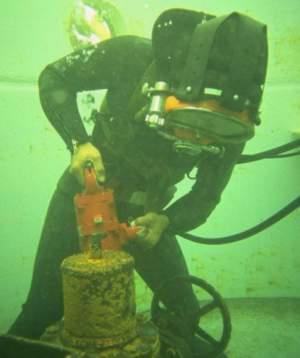
OE0030 : Commercial Diving Technology
- Date: Feb 02 - Feb 06 / 3 Days
- Location: Doha, Qatar
- Course Details Register
